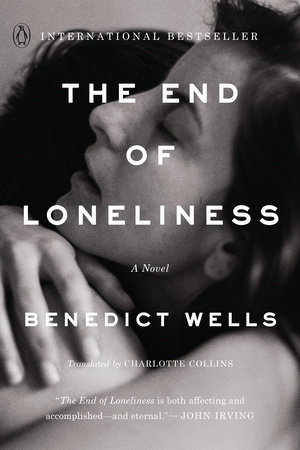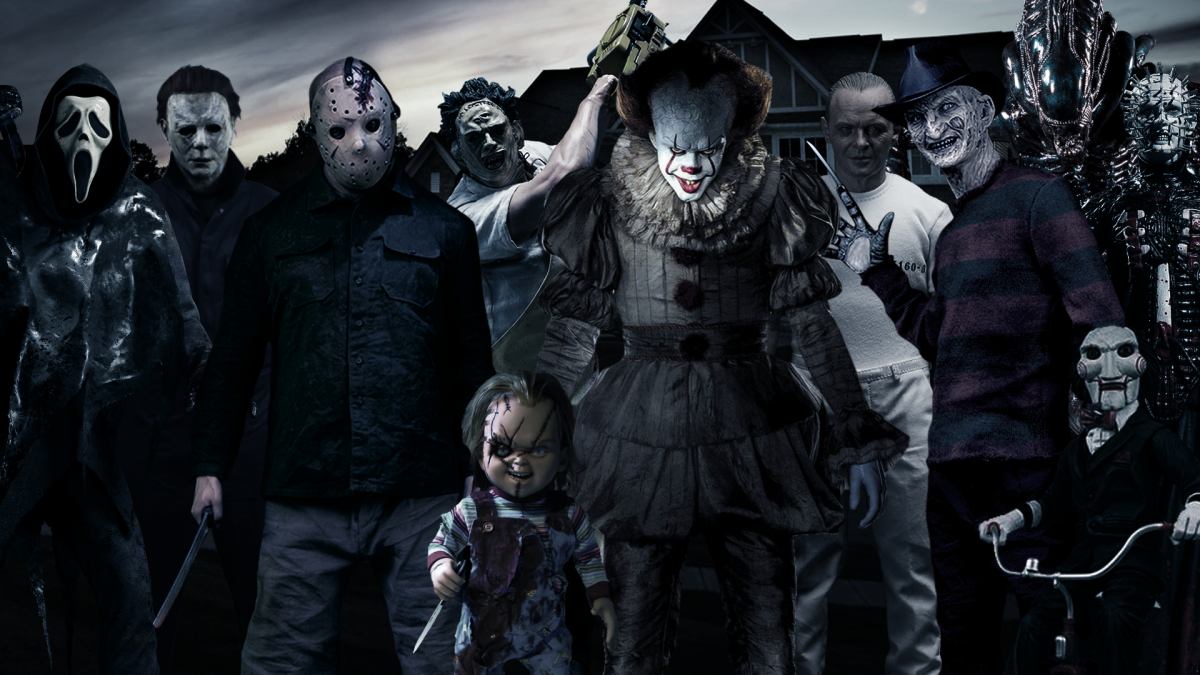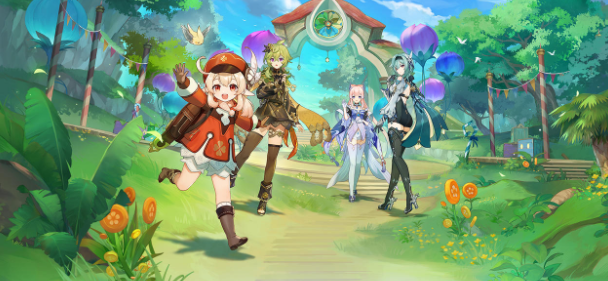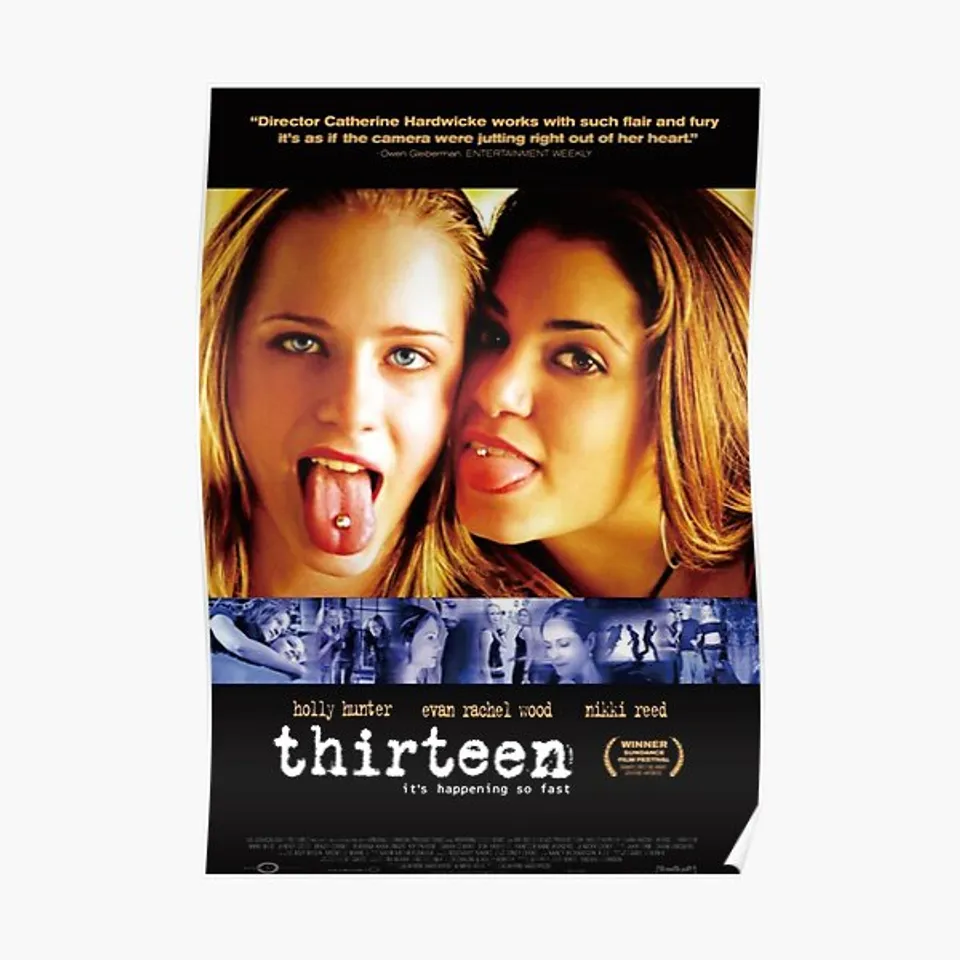Change Edition – The End of Loneliness and How Trauma Changes Us

Image via Penguin Random House
March 2, 2022
Among all the books that lie in crooked corners and stack themselves on shelves in quiet libraries, there are some that stand out as if illuminated by a golden light. The End of Loneliness is that golden light for me. Upon first reading this book, I felt as if the characters had settled themselves into my heart within the first ten pages. The End of Loneliness chronicles the life of Jules and brilliantly portrays the events that can occur in one’s life, as well as how these events can indefinitely change the course that we are on. It speaks on topics of death, love, loss, and the lives we never get to live. This novel is thought-provoking and beautiful, luminant and genuine. When I was finished with this glorious book, I was filled with wonder, along with many thoughts and philosophical questions about how this novel related to my life.
The novel begins with the line “I’ve known death a long time, and now death knows me.” This opening line develops and weaves into the story as the novel goes on. Jules’ life begins in a troubling manner, with not only the death of his parents but being separated from his siblings at a bleak boarding school. The remainder of the novel discusses how this event changes Jules’ life, and the lives of his siblings, forever. Through Jules’ powerful and heartbreaking story, it is revealed how trauma changes us. To initially get through this difficult time, Jules lives inside of his own head and prefers to take shelter in the memories of his parents rather than facing his current situation. He views the world around him as dreary and gray, until he meets a classmate and kindred spirit, Alva. Jules and Alva’s relationship is a wonderful example of how our relationships change and weave themselves through our lives- the pull of fate that inevitably brings people together- and also how certain things bond us to one another. In this case, they bond over a shared love for Nick Drake’s album Pink Moon, as well as mutual adoration of the written word. They quickly become attached to one another and spend nearly every day together. The two share books, stories, music, secrets, and much more. Jules mentions that his father expressed the concept of “true friends” before he died, describing them as a soulmate- “someone you’d never lose,” and how it was far more important than love. Jules tells Alva that he believes she is his “true friend.” Although the threads that tie them together are very tight in their younger years, they begin to loosen as time goes on, especially after Jules walks in on Alva kissing another guy. Heartbroken, he returns to the lonely and depressed home inside his head, where he resided long before Alva knocked on the door.
The temporary termination of Jules’ relationship with Alva reveals much about his character and how the death of his parents affected him long-term. Although Alva and Jules never solidified their relationship as more than best friends, Jules felt betrayed and disheartened when Alva was with another man. His reaction reveals the trust issues his parents left behind. He recalls the pact made with Alva in their earlier days; that if they were both still single at 30, they would marry. This pact eventually brings them back together 20-some years later, when Jules has found it nearly impossible to forget about her and is more sure than ever that they are meant to be together. Revealing that she is married, Alva tells Jules that she still would like to see him. Despite these extenuating circumstances, the two continuously find their way back to each other, even when Alva is married and living somewhere else. They meet up again and reconnect, sparking their once electrifying relationship. The bond between Jules and Alva showcases the vast change that relationships, particularly first loves, have in our lives. Wells brilliantly discusses the idea of soulmates and fate, and how we will perhaps always find our way back to our “soulmate”.
Along with musings on fate and love, the novel also brings ideas about death in relation to life. Jules’ sister, Liz, shares her view on death: “the alternative to the concept of life and death is the void” and that “we all exist in a million different ways so that there is no void, and the price we pay for that is death.” Jules’ other sibling, Marty, has his own nihilistic view on death. He and Liz often get in fights over the meaning of life. By introducing several different perspectives on death, Wells shows how the death of their parents has changed each individual’s view on life and death. Liz views death as simply the price we pay in order to live. Her outlook is to fill your life with things you love doing as much as you can before you die. Marty’s view is quite different than Liz’s- he believes that life is worthless and nothing he does really matters. Marty has given up on finding a wife or someone to start a family with because he believes that it won’t matter. Juxtaposing these two perspectives makes one wonder how each individual has processed the death of their parents in a unique way- and how that eventually gave them that perspective. Jules’ perspective is not so clearly stated in the novel, but rather through the way he sees different situations. A bleak and desolate perspective takes hold of him in some cases, while in others he sees life as something to be treasured, to hold dear. The perspective of all the characters changes drastically throughout the novel, weaving in and out of each of their lives and relationships.
The majority of the novel speaks on how trauma does affect our lives long-term, but it also discusses the traits that would stay the same despite the circumstances or events that occur in one’s life. In a long conversation about trauma, Alva asks if “there are elements in us that survive everything.” That is, are there characteristics that would stay the same no matter what course our lives may take? Through these characters’ tragic and beautiful stories, Wells wonderfully shows us how traumatic events change (or don’t change) our fundamental qualities throughout the remainder of our lives. We see how these events change the way we view relationships, death, and our perspective on the world itself. It brings a deeper look into one’s motivations based on their past, and the inevitable effect on our future. I’ve never read a book quite as treasurable as this one; one that left me feeling as if I had sat down and drank a cup of tea with each character. Although the characters’ stories are unique, this novel acts as a mirror; you see an aspect of yourself in every character and their story. It’s a powerful and kaleidoscopic chronicle of life and death and loss and love- and what it means to be human.




















































































































































